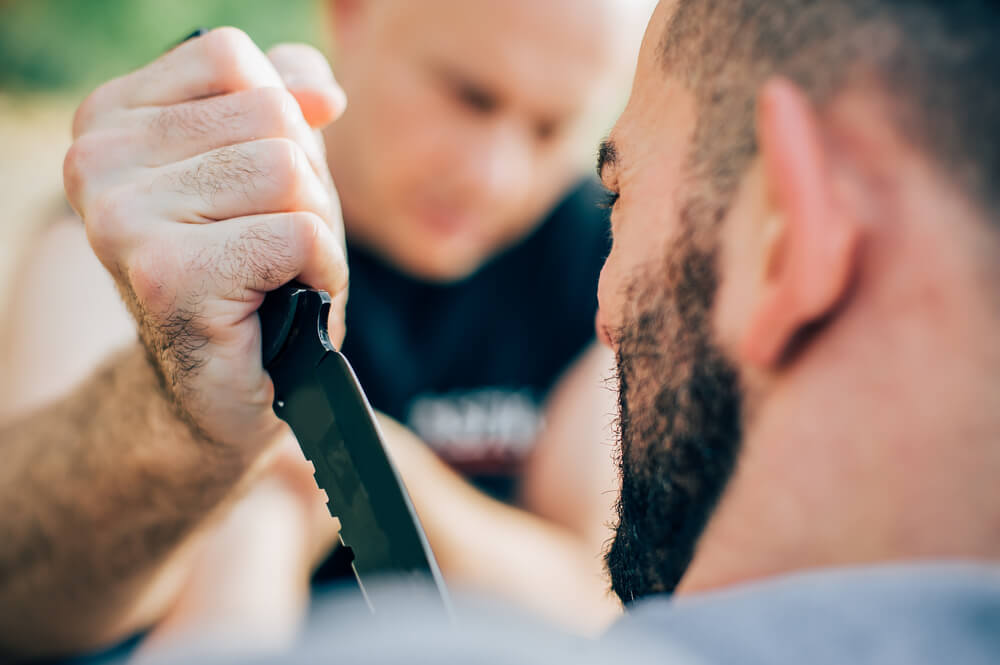Category: Violent Crimes
The main differences between aggravated and simple assault in New Jersey are the severity of the injury caused by the offense and the degree of charges. Simple assault is a more minor crime charged as a disorderly person’s offense. Aggravated assault is serious and charged as an indictable…
When a person is arrested, the police are supposed to read them their rights as a person facing criminal allegations. This reading, sometimes known as a Miranda warning or a reading of the Miranda rights, is a basic part of most arrests and is required in many cases….
With a multitude of internet resources and books available regarding how the law works, many people believe that they are capable of handling their own defense if charged with a crime. However, even minor criminal convictions can have significantly greater effects than a person may first realize. Additionally,…
The basic process of a criminal case begins with a defendant being arrested and charged with committing a crime. The government is responsible for proving that there is irrefutable reason to believe that the defendant committed the crime. The following process then takes place: Bail hearing – The…


